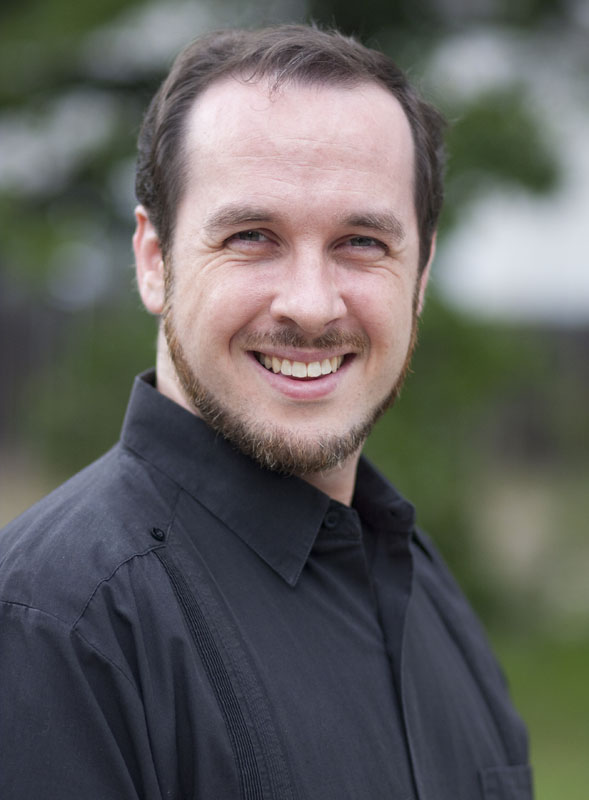
by Jason Kivela | Mar 31, 2023 | Blog
Marshall Ryan Maresca (he/him) is a fantasy and science-fiction writer, author of the Maradaine Saga: Four braided series set amid the bustling streets and crime-ridden districts of the exotic city called Maradaine, which includes The Thorn of Dentonhill, A Murder of...
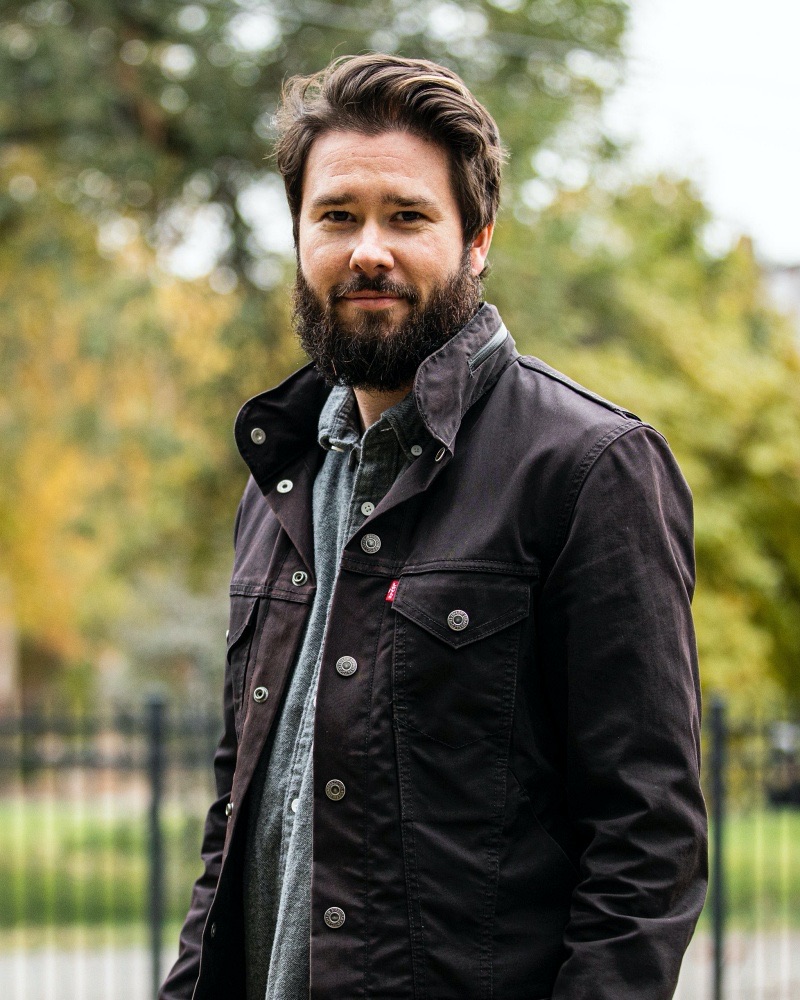
by Jason Kivela | Mar 26, 2023 | Blog
S.L. Rowland (he/him) is a wanderer. Whether that’s getting lost in the woods or road-tripping coast to coast with his Shiba Inu, Lawson, he goes where the wind blows. When not writing, he enjoys hiking, reading, weightlifting, playing video games, and having his...
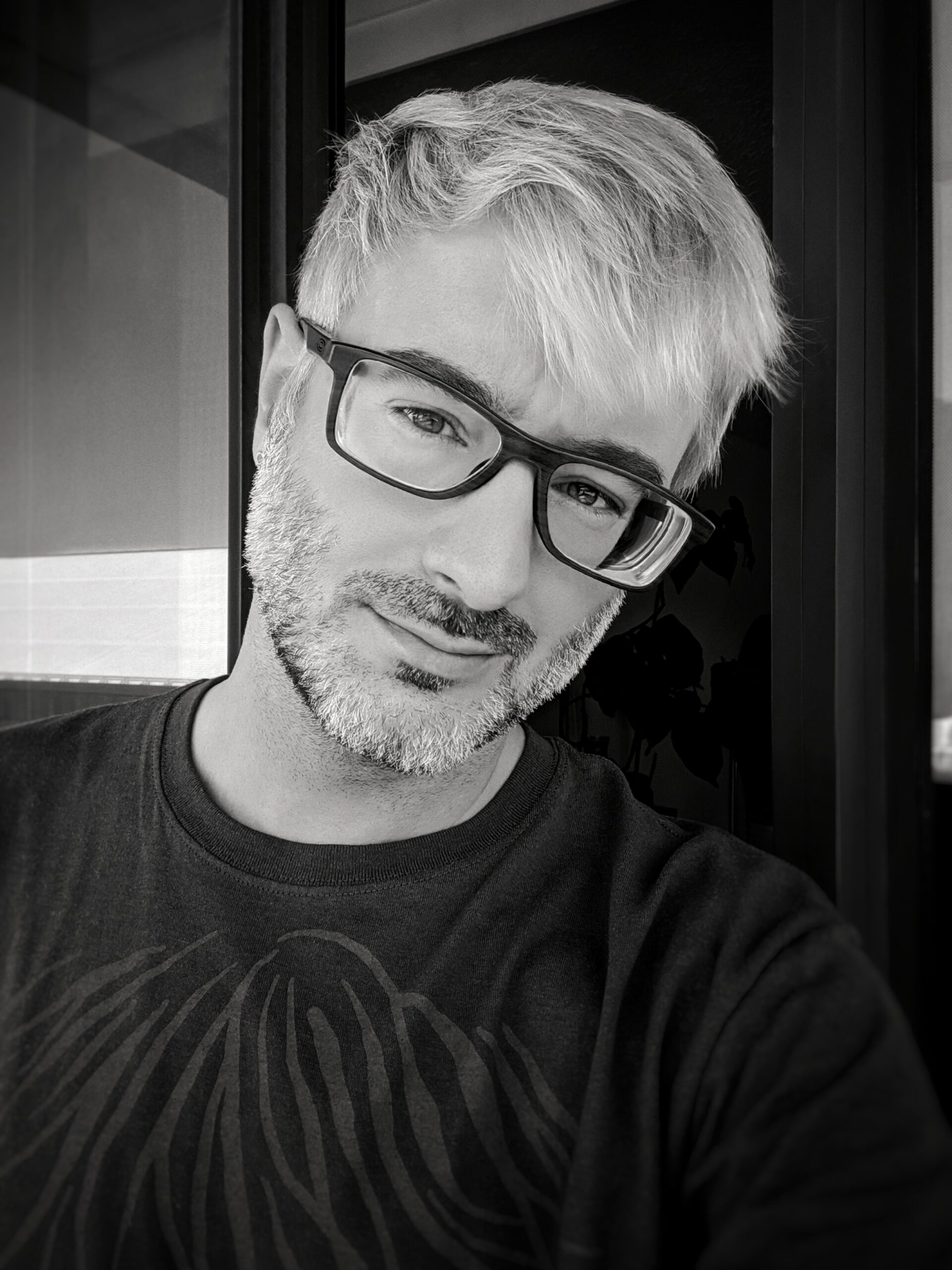
by Jason Kivela | Mar 14, 2023 | Blog
G’day! I’m Shaun Simpson, a nerdy photographer from Halifax, Nova Scotia – on the East Coast of Canada; my preferred pronouns are he/him. 🙂 I can be found @ShaunTheShooter on most platforms, or via my social links site at: http://shauntheshooter.ca/ First of...
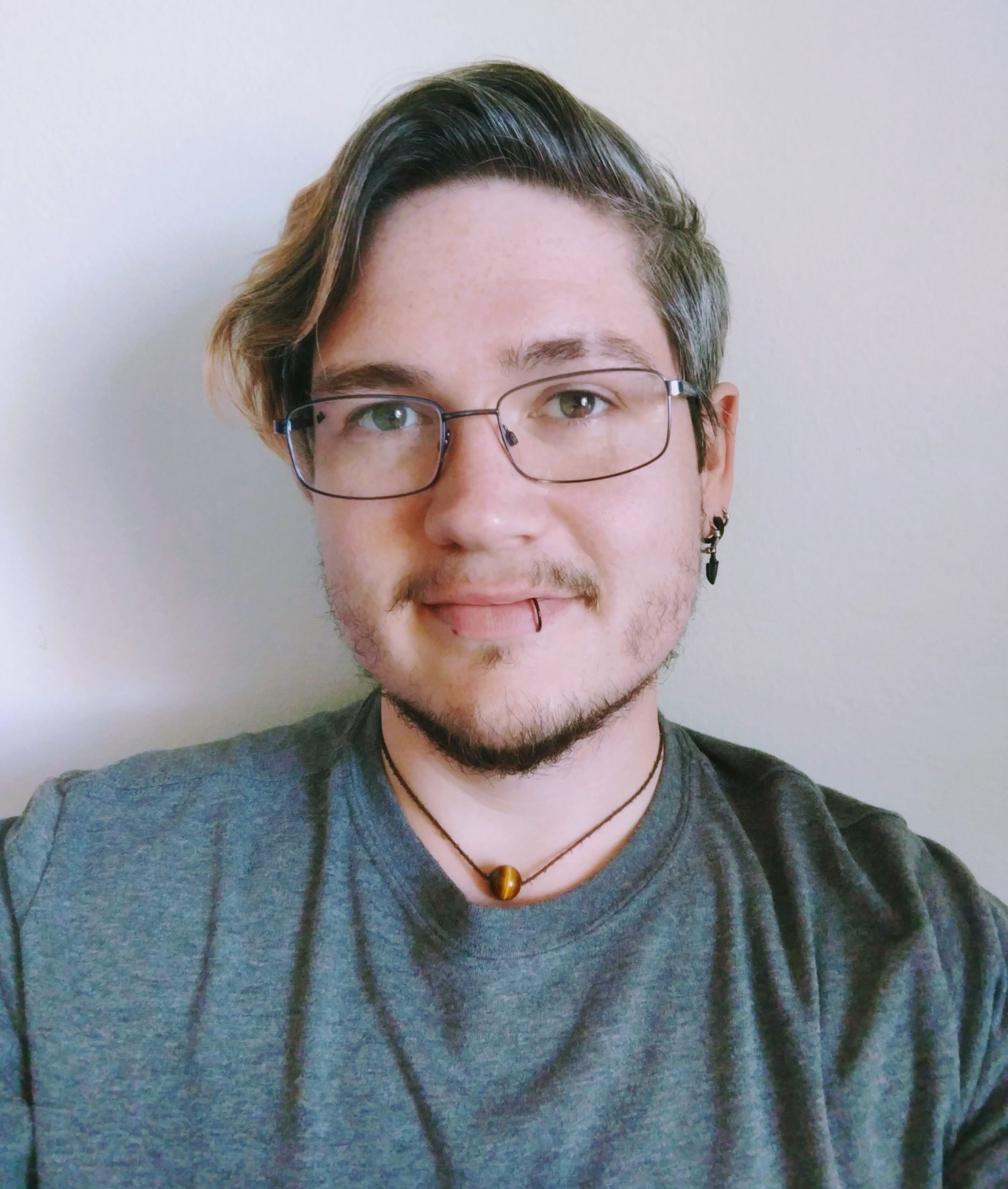
by Jason Kivela | Mar 2, 2023 | Blog
Blake R. Wolfe (he/him) is an LGBTQ+ fantasy and romance author of over a dozen books. His work is known for its heartfelt characters, daring adventures, and commitment to preserving the magic and wonder that readers love. Blake resides in Muskegon, Michigan near the...
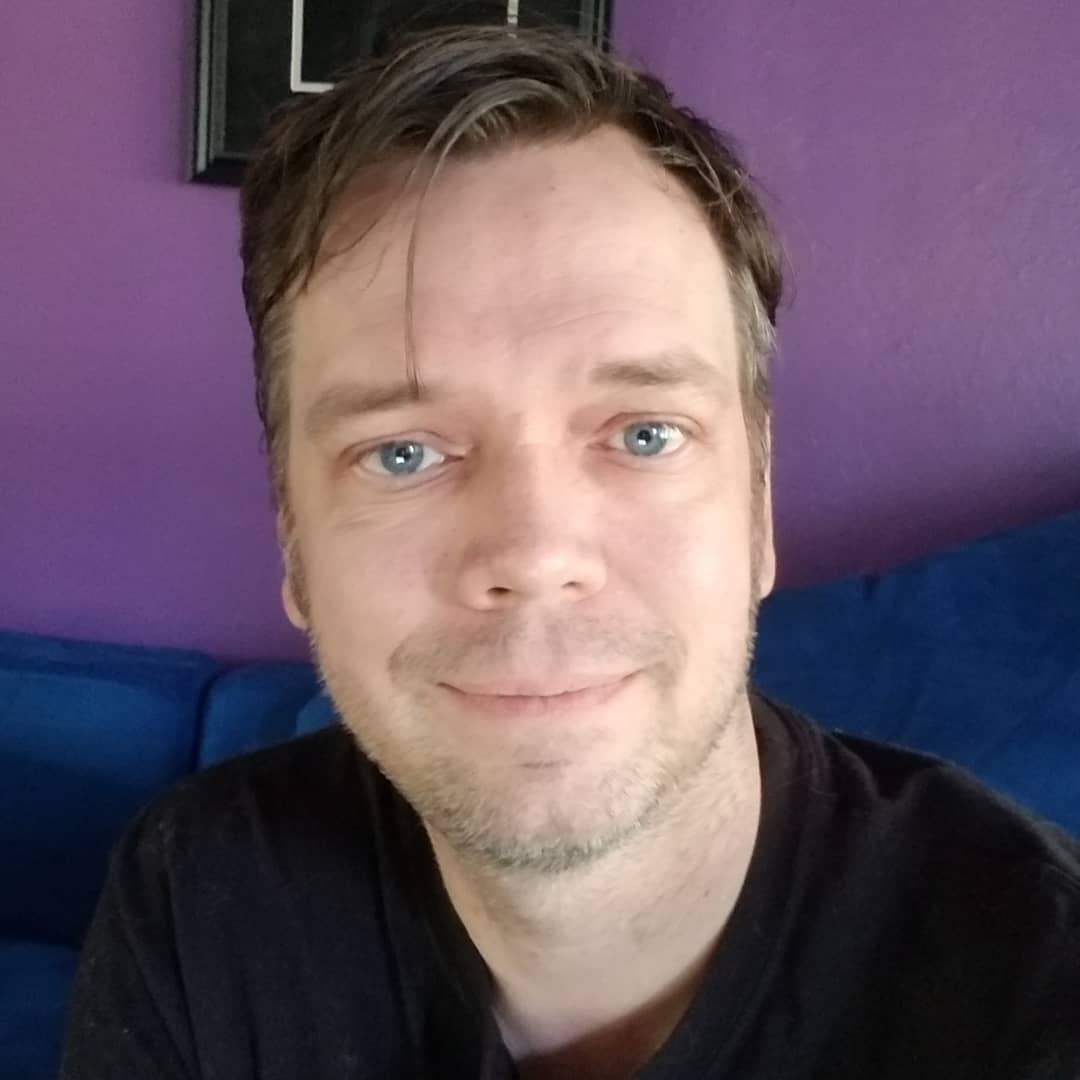
by Jason Kivela | Jan 17, 2023 | Blog
David R. Slayton (He/Him) grew up outside of Guthrie, Oklahoma, where finding fantasy novels was pretty challenging and finding fantasy novels with diverse characters was downright impossible. David’s debut, White Trash Warlock, was published in 2020 by Blackstone...






